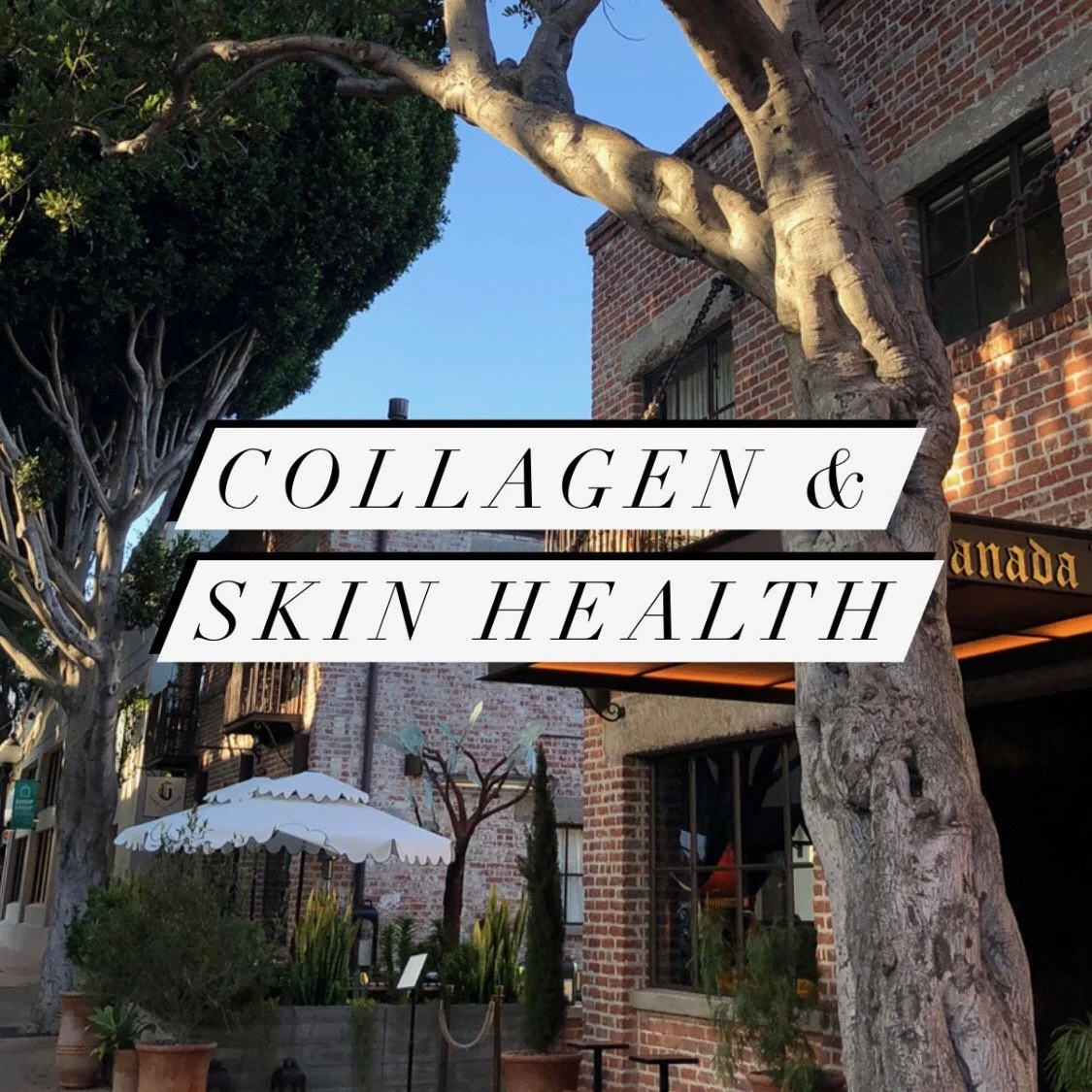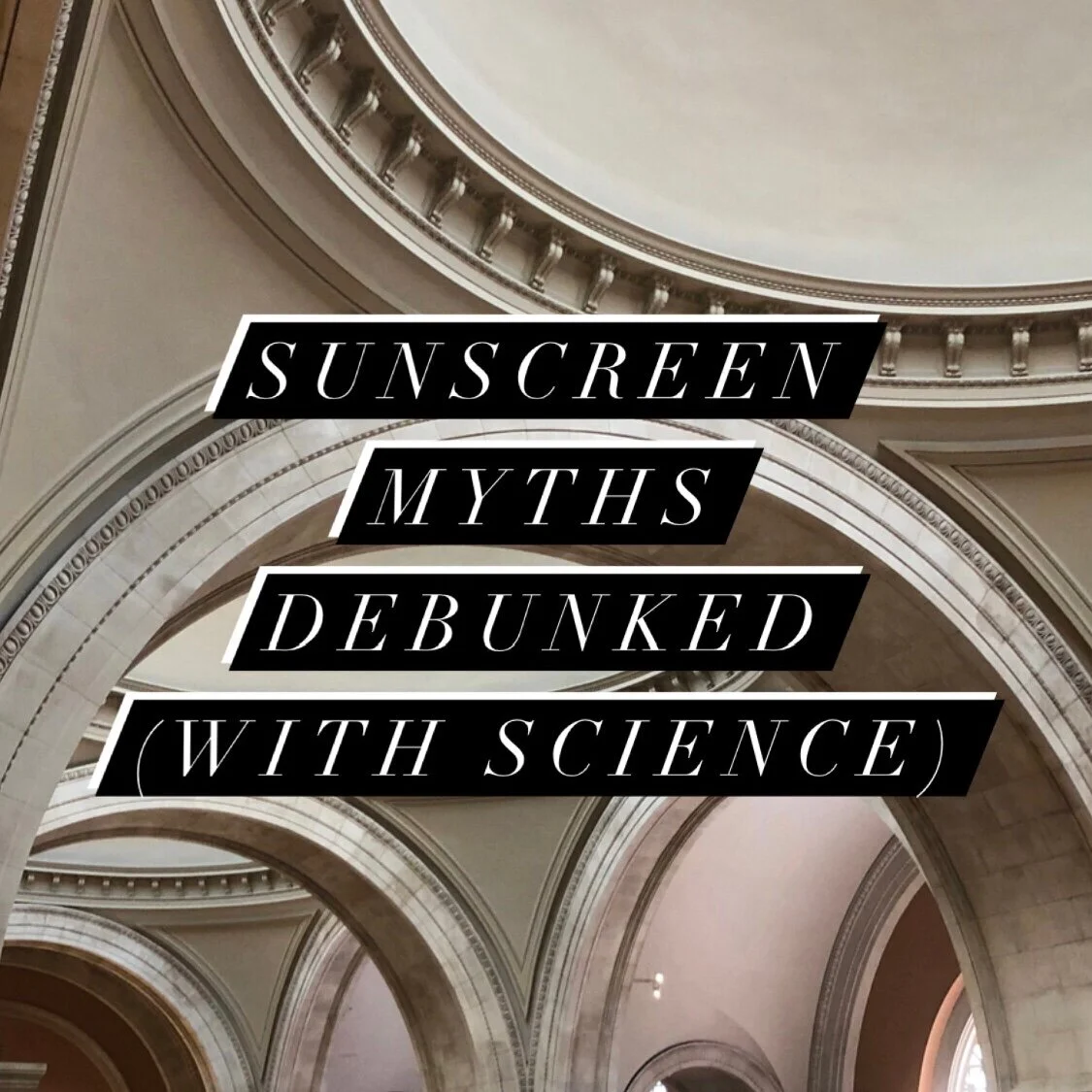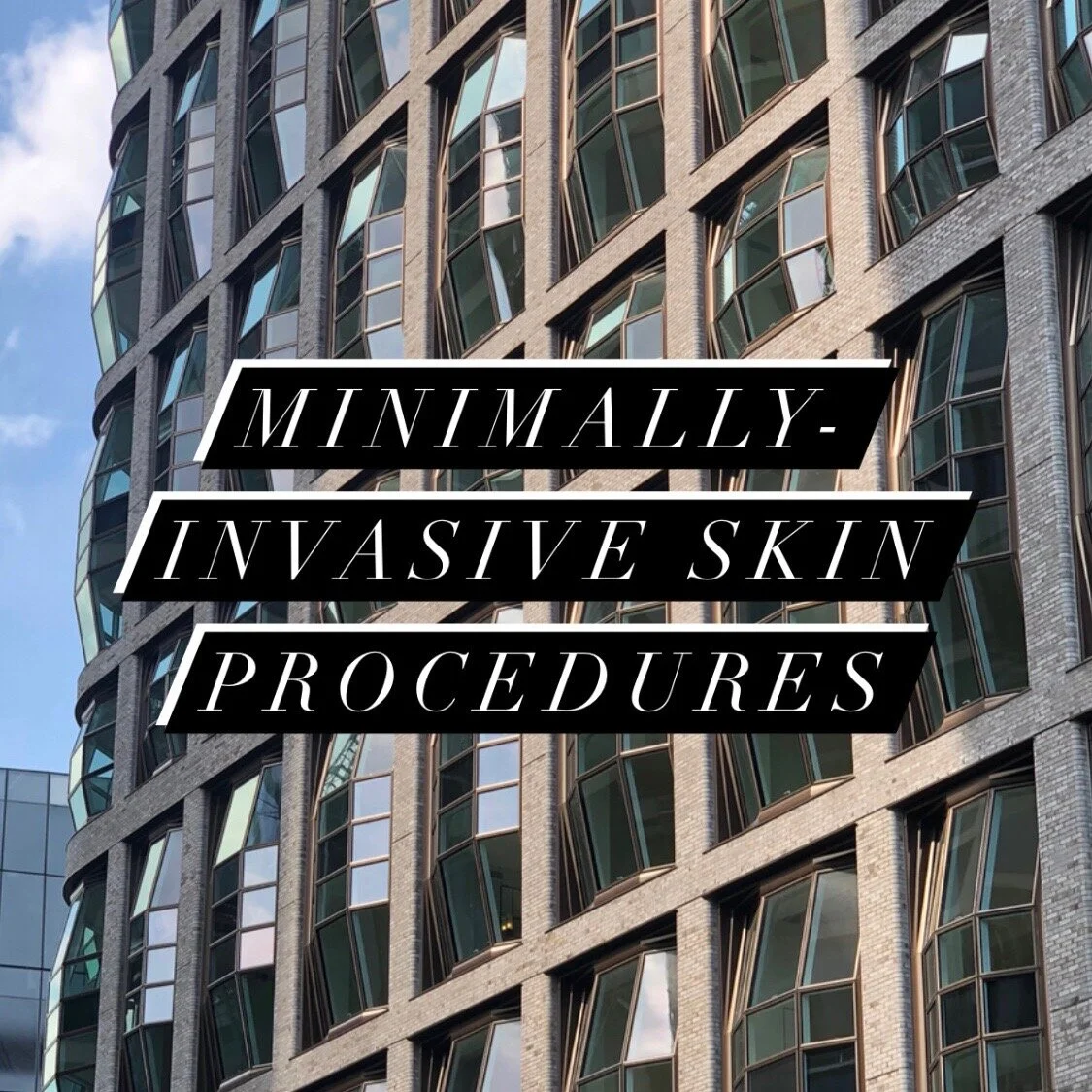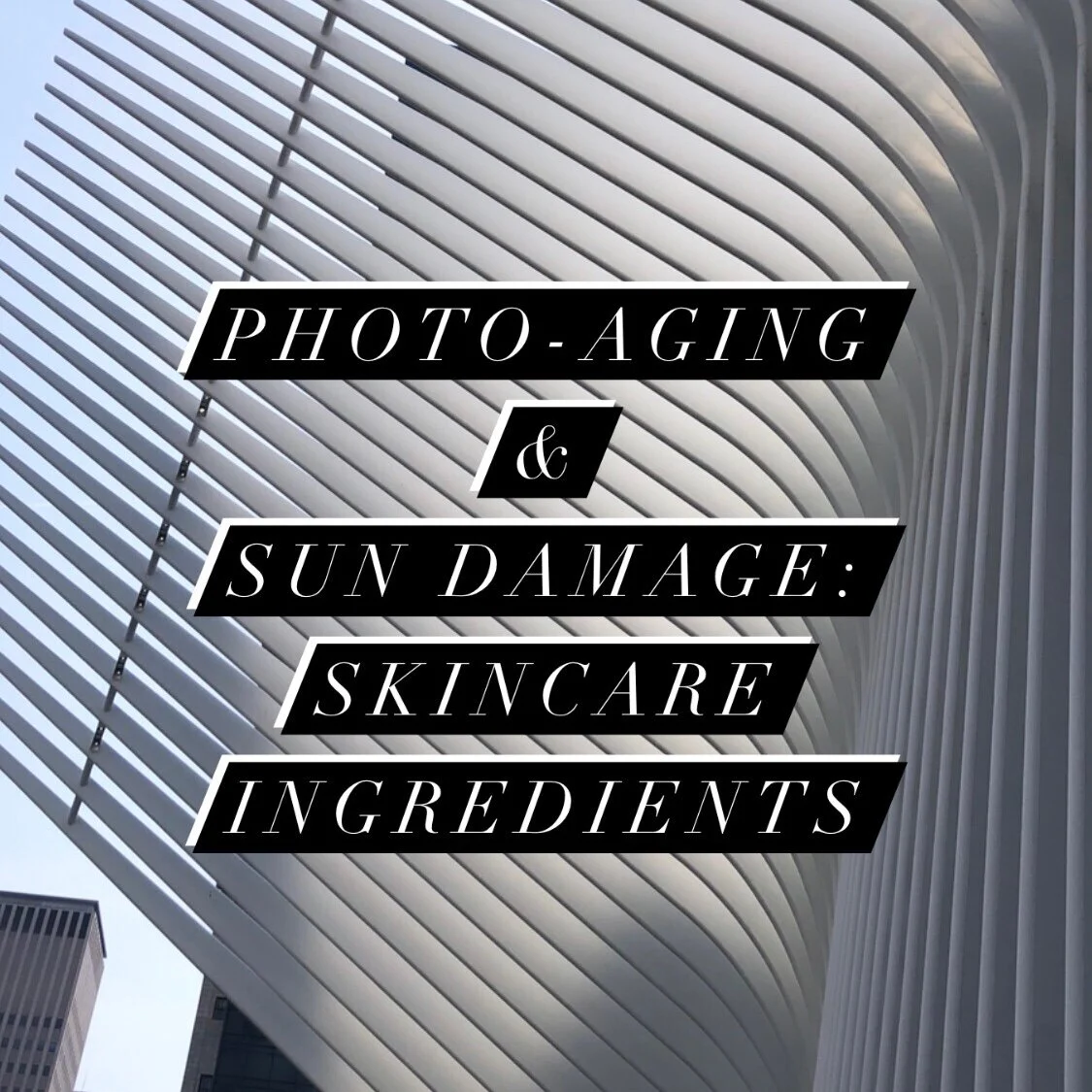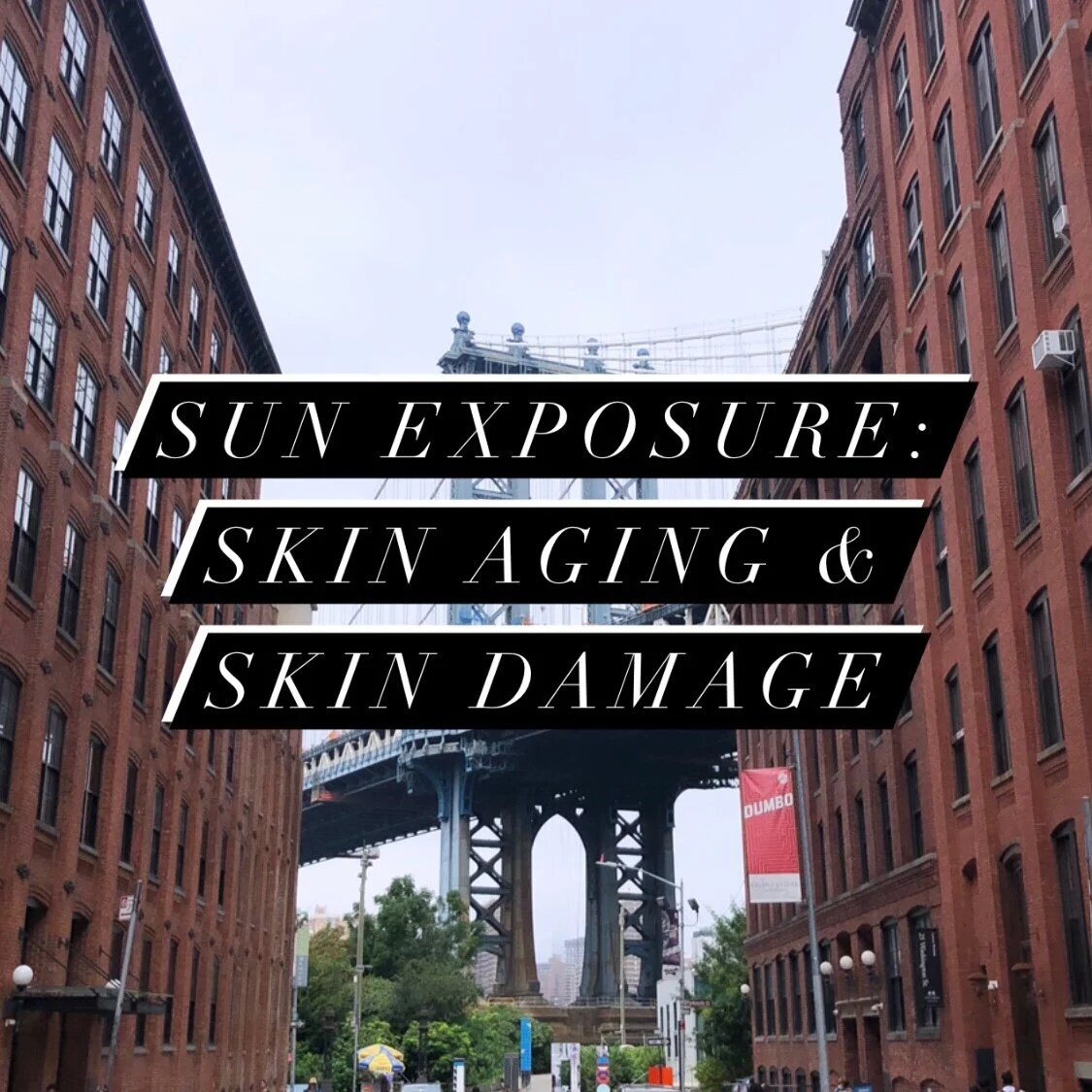As more literature comes out, it can be confusing for many people to understand what is the best diet for PCOS. So, let’s speak about them. In this blog post, we will address 4 different eating patterns/diets and what science says about them and PCOS.
Read MoreScience shows that gut health is connected to hormonal health and skin health (And we all know the connection between hormones and skin health). In this blog post, we are going to focus on how the gut microbiome (and postbiotics) has been connected to skin health.
Read MoreIn recent years, the beauty industry shifted towards beauty supplements containing collagen peptides with claiming to help with skin hydration and reducing the appearance of fine lines and wrinkles. But, what does science really have to say about collagen & these claims from the beauty industry and the supplement industry?
Read MoreIn this blog post, I am addressing 4 sunscreen myths that I’ve seen circulate social media. Myth 1: Sunscreen causes vitamin D deficiency; Myth 2: Dietary antioxidants can replace sunscreen; Myth 3: Oxybenzone & avobenzone UV filters are the same as benzenes; and Myth 4: Sunscreen is toxic since it can be absorbed
Read MoreMinimally-invasive procedures have become more mainstream in society, and have been used as a way to slow down/prevent signs of aging. Due to the low-to-no downtime of some minimally-invasive cosmetic procedures, a 2020 study showed that minimally-invasive cosmetic procedures have been becoming popular amongst the Millennial generation for preventative treatments.
Read MoreMany dermatologists use retinoids to address photo-aging. Retinoids are vitamin A derivatives that can be found in over-the-counter (OTC) skincare products and can be prescribed by doctors, and according to research, retinoids can be used for anti-wrinkle treatments, improving skin texture, improving uneven hyperpigmentation, and improve the appearance of fine lines. Research also indicates that…
Read MoreUnprotected sun exposure can lead to acute and chronic skin effects. Acute effects can include sunburn, which is described as a radiation burn from too much exposure to the sun’s UV radiation; and chronic effects can include signs of photo-damage and photo-aging, such as fine lines, wrinkles, and pigmentation. In worst-case scenarios, chronic effects of unprotected sun exposure could lead to skin cancer, such as squamous cells carcinoma, basal cell carcinoma, and melanoma. With this, it is important that the skin is protected against the damaging and aging effects of sun exposure.
Read MoreMelasma has been associated very close to pregnancy, and has been called the “mask of pregnancy.” Science indicates that melasma can occur in 50-70% of pregnant females typically arising in the second trimester, and typically happens symmetrically on the face on the lips, cheeks, jawline, forehead, and...
Read MoreA prospective study completed in 2020 looking at the prevalence of different types of acne in pregnant females suggested that females who experience pregnancy-related acne usually experience mild acne.... Acne during pregnancy can happen anytime during pregnancy, but it is more prevalent during the third trimester.
Read MoreSkin changes can happen during pregnancy. A study completed in 2018 where 1935 pregnant females were asked to fill out a questionnaire concerning their skin during pregnancy, 74.78% of females reported skin changes during pregnancy, with: 77.4% of them experiencing stretch marks, and 21.6% of them experiencing acne. This blog will focus solely on stretch marks during pregnancy
Read More


